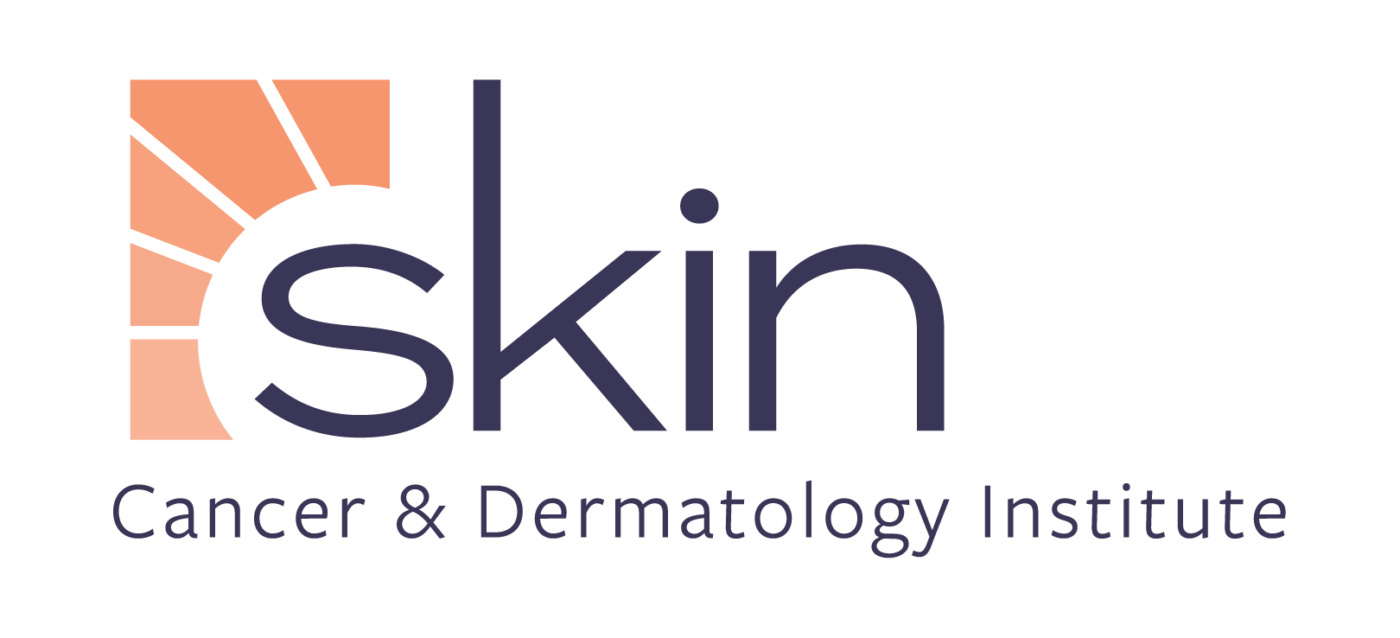What is it that we find so captivating about the changing seasons? As nature undergoes a cycle of renewal and vitality, we can’t help but desire a similar sense of rejuvenation for our own skin. Various factors, such as genetics, environmental conditions, sun damage, aging, and other external elements, influence the appearance and texture of our skin. Thankfully, a range of treatments and products exists to help us revitalize our skin, unveiling a radiant glow akin to the vibrant energy of the seasons.
What is skin rejuvenation?
Skin rejuvenation aims to achieve a smoother, more youthful skin. Here are some goals that we try to achieve at Skin Cancer & Dermatology Institute through various techniques:
- Achieving fresh and “glowy” skin again.
- Reversing some effects aging and the sun have on the skin.
- Reviving the skin’s functions, such as producing more collagen, encouraging hydration, and helping it slough off dead skin.
Skin rejuvenation techniques can vary from non-invasive treatments such as chemical peels, lasers, and facials to minimally invasive procedures such as injections, fillers, and microneedling. The rejuvenation process can also include skin care products that will help keep your skin healthy and functioning well. Selecting treatments that suit you is a process that begins with a consultation with a Dermatology Provider who will examine your skin, discuss your skin concerns, review your medical history, and recommend options that ultimately will be most effective for your skin and your skin care goals.
What can skin rejuvenation address?
The variety of treatments available allows us to address several skin concerns, offering a broader range of results individually or in conjunction with other procedures. Skin rejuvenation treatments and products can tackle issues such as:
- Pigmentation –sun spots, freckles, melasma, and hyperpigmentation. Some of these are created by sun damage to the skin.
- Wrinkles – both static (wrinkles that are more permanent and are not affected by the movements of your face) and dynamic wrinkles (caused by the movement of your face – i.e., smiling and frowning)
- Scars you may have from acne, injury, or surgery.
- Vascular conditions, which include spider veins, rosacea, and angiomas.
- Loose or sagging skin – Healthline describes various causes why we get sagging skin, including how as we age, we produce less elastin and collagen, which are so crucial in keeping our skin firm.
- Dull or uneven skin
Skin Rejuvenation Through Treatments
Let’s explore some of the different methods available for skin rejuvenation. A lot of these treatments we think of as being used for facial rejuvenation. While this is a large percentage of what patients want, many are very effective on other parts of the body. Whether it’s the neck, décolletage, hands, legs, chest, and back, you will indeed find a treatment that will work for the area you are trying to improve.
Lasers & Light Treatments
Two different types of lasers are used for skin rejuvenation – ablative and non-ablative lasers. Ablative lasers work by removing the top layer of the skin, the epidermis, and then heating the underlying skin. This stimulates the body to produce collagen, and as the skin heals, it creates smoother and tighter skin. These types of treatments require a longer downtime as your skin heals. On the other hand, non-ablative lasers are a less aggressive approach with shorter downtime. They also stimulate collagen production, but it does so by heating the underlying skin while leaving the skin’s surface untouched. The heat created by the laser encourages cellular turnover, smoothing out lines and plumping the skin.
Light treatments, sometimes called photorejuvenation, use different wavelengths of light to target the melanin on your skin and hemoglobin that causes redness or spider veins. As your skin absorbs the heat from the light, pigmented skin cells are destroyed, and superficial blood vessels are damaged and reabsorbed by the body. Here are some of the laser and light treatments
we offer at Skin Cancer & Dermatology Institute and what they are used for:
Fraxel® REPAIR – an ablative fractional (treats only one section of skin without damaging the rest) resurfacing laser treats deep wrinkles, photoaging, acne scars, and overall skin complexion. Since this treatment is more aggressive, patients usually need only one treatment, with a recovery time of about two weeks.
Clear + Brilliant – one of the gentlest laser treatments available, this laser is excellent for addressing the early signs of aging and for those who are new to laser treatments and want to start slow. It improves the look of fine lines and wrinkles, reduces the appearance of pores, and improves skin tone and texture.
Fraxel® DUAL – a non-ablative, fractional laser treatment that uses two different wavelengths to create microscopic channels, stimulating the body’s healing process and replacing damaged skin with fresh, glowing, healthy skin. It can remodel scars, remove pigmentation, sun damage, and wrinkles, and help with conditions like actinic keratosis and melasma.
Sciton® Broadband Light (BBL™) – this treatment uses broad-spectrum photothermal energy to treat brown and red pigmentation such as freckles, sun spots, redness or rosacea, melasma, and hyperpigmentation. It also treats spider veins and vascular lesions. Lastly, it can help with lines and wrinkles, and dull and uneven skin texture.
Microneedling
Microneedling uses very fine needles at specific controlled depths to create micro-wounds in the skin. These micro-wounds help trigger our body’s healing response, producing more collagen and elastin, kickstarting our skin turnover time. As a result, you are getting new skin faster and sloughing off old skin and pigment. In addition, products can be applied post-treatment to enhance absorption into the skin. Microneedling has proved effective for many skin-texture issues such as acne and surgery scars, large pores, stretch marks, wrinkles, and sun damage.
Chemical Peels
A chemical peel is a procedure where a chemical solution, usually acids that are food or fruit-based, are applied to the skin to remove the top layer. The skin that heals back will be smoother and more evenly textured. Different intensities of chemical peels are used, depending on what you are trying to accomplish. We offer a salicylic acid peel used for oily, acne-prone skin that also brightens. A glycolic acid peel exfoliates, hydrates, and brightens skin. It can also be used to treat melasma. A lactic acid peel reveals healthy skin and treats age spots and sun damage. As the intensity of the peel increases, you can expect a more extended downtime.
Injections and Fillers
Injections are neurotoxins such as BOTOX® Cosmetic or XEOMIN®, which are injected into the muscle to reduce or stop movement. These are effective for treating and preventing dynamic wrinkles. Dynamic wrinkles are caused by the expressions we use on our faces. For example, frowning, laughing, and puckering cause fine lines where a facial muscle creates that movement. BOTOX Cosmetic is used for forehead lines, crow’s feet, and lines around the mouth. It usually lasts three months and takes up to seven days to see the results. XEOMIN temporarily improves the appearance of moderate to severe frown lines between the eyebrows.
Fillers, on the other hand, are used to increase volume, plump, and lift. Hyaluronic acid (HA) fillers are very effective and include brand names JUVÉDERM® and Restylane®. A wide range of fillers with differing makeup is helpful for customizing treatment. Fillers can be used to plump lips and cheeks, reduce fat under the chin for a more defined look, or in tear troughs to help brighten and rejuvenate the undereye. The results can last 6-18 months.
Facials
Facials are a variety of skin care treatments that can be tailored to the patient’s skin and needs. Most facials include steps that cleanse, improve circulation, exfoliate, moisturize, and can help deal with concerns such as acne, dry skin, and aging skin. HydraFacial® is a great facial system that cleanses, extracts, hydrates, and infuses the skin. It is highly customizable and can be used to treat a variety of concerns such as fine lines, elasticity, firmness, discoloration, skin texture, oily skin, and clogged pores.
Products to Help Keep Skin Rejuvenated
Having a skin care routine is essential for the health of your skin, regardless of cosmetic procedures you undergo. If you get a cosmetic treatment, treating your skin with good products will help your results last longer.
The number one product you should always have in your arsenal is a good sunscreen with an SPF of 30 or more. Make sure you use it daily, regardless of the weather or season. One of our favorite brands is EltaMD®, we love their sunscreens. Their line of sunscreens includes tinted options that not only provide sun protection but also add a touch of color, making them ideal for days when you prefer a more natural look without the need for a full face of makeup.
Hyaluronic acid instantly boosts skin’s hydration, helps smooth skin texture, reduces wrinkles, and improves firmness and elasticity. You can use it as a serum in the morning or at night before using your moisturizer. Try HA (Hyaluronic Acid) IMMERSE Serum™ from ALASTIN Skincare®.
Retinols also enhance skin tone and texture, reduce fine lines and wrinkles, and improve skin resiliency. Use this product in your evening skin care routine as a serum or in a moisturizer. SkinMedica® offers different strengths of retinol under their Retinol Complex. If you have not used a retinol product before, or if your skin is sensitive, start with Retinol Complex 0.25, as it can irritate your skin.
When it comes to cosmetic procedures, it is always advisable to choose a Provider who possesses ample training and expertise. Always use an experienced and knowledgeable Provider in whatever procedures you are interested in. The American Academy of Dermatology warns about the potential side effects of having cosmetic treatments performed by inexperienced hands. You can be sure that at Skin Cancer & Dermatology Institute, our highly trained Board-Certified Dermatologists, Certified Physician Assistants, Nurse Practitioners, and Cosmetic Specialists’ main concern is your health and safety. Book an appointment online or call us at 775.324.0699.


